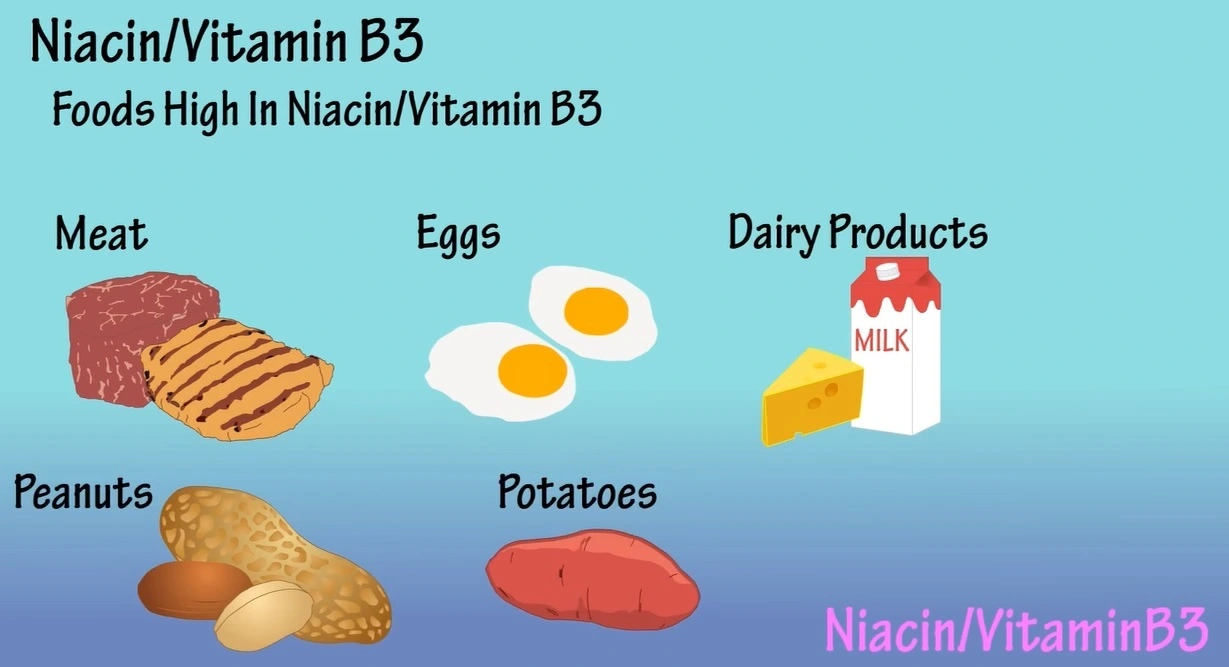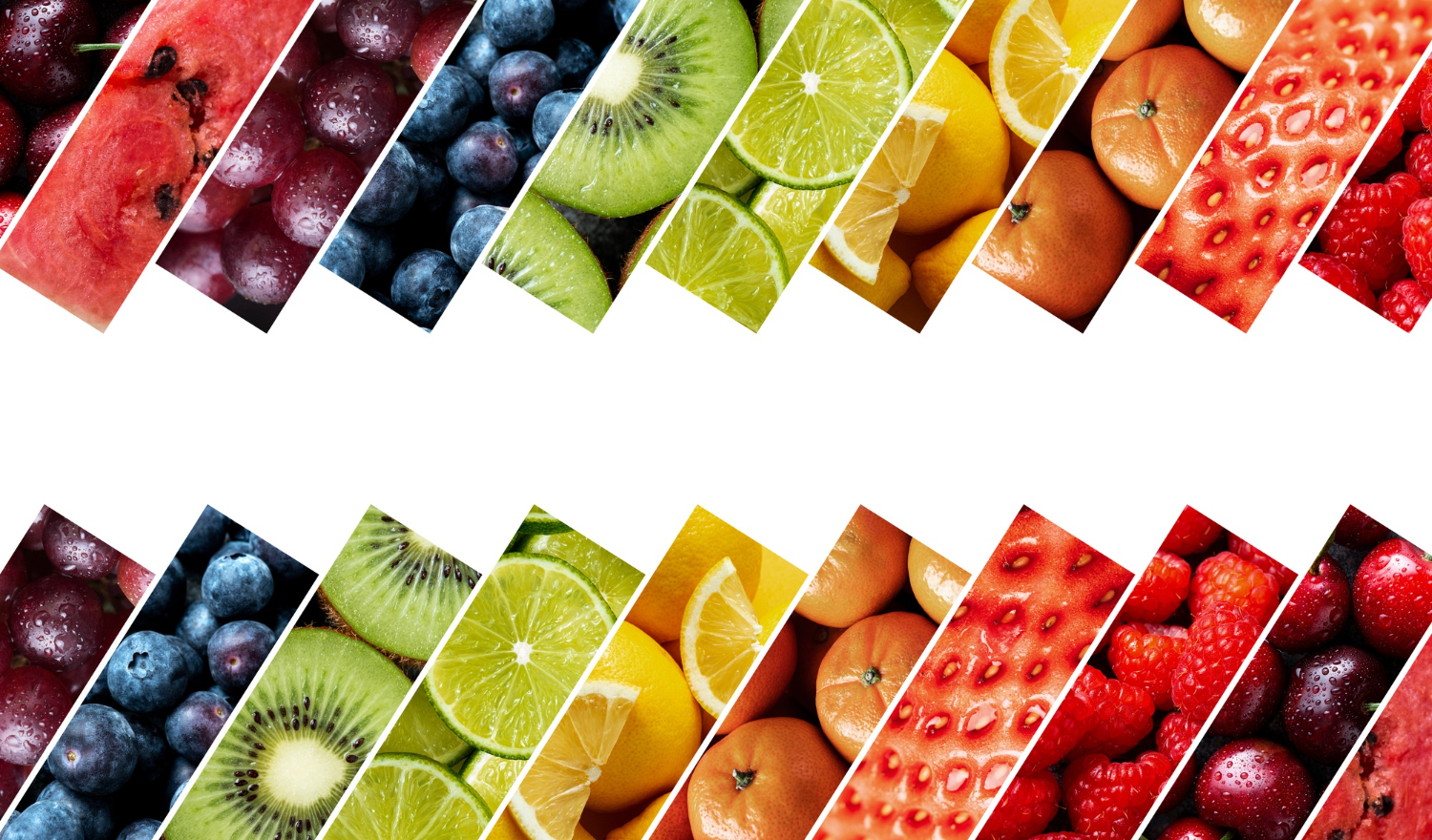Introduction
Vitamin B3, also known as niacin, is a crucial nutrient that plays a vital role in maintaining overall health. In this comprehensive guide, we’ll explore the benefits of Vitamin B3, its natural sources, and answer some frequently asked questions to help you better understand its importance.

What is Vitamin B3?
Vitamin B3, or niacin, is one of the eight essential B vitamins that our bodies need to function properly. It helps convert the food we eat into energy and supports various bodily functions, including digestion, skin health, and nerve function. There are two main forms of Vitamin B3: niacin (nicotinic acid) and niacinamide (nicotinamide), each having unique benefits.
Benefits of Vitamin B3
1. Boosts Energy Production
Vitamin B3 plays a critical role in converting carbohydrates, fats, and proteins into energy. This process is essential for maintaining high energy levels throughout the day.
2. Promotes Heart Health
Niacin can help improve cholesterol levels by increasing good HDL cholesterol and lowering bad LDL cholesterol and triglycerides. This can reduce the risk of heart disease.
3. Supports Brain Function
Adequate levels of Vitamin B3 are essential for brain health. Niacin helps protect against age-related cognitive decline and conditions such as Alzheimer’s disease.
4. Improves Skin Health
Niacinamide, a form of B3 Vitamin, is widely used in skincare products. It can improve the skin’s barrier function, reduce inflammation, and treat acne and hyperpigmentation.
5. Aids Digestion
Vitamin B3 helps maintain a healthy digestive system by ensuring proper function of the gastrointestinal tract. It is essential for the breakdown and absorption of nutrients.

Natural Sources of Vitamin B3
Getting enough B3 Vitamin through your diet is crucial. Here are some natural sources rich in niacin:
1. Meat and Poultry
Chicken, turkey, and beef are excellent sources of niacin. A serving of cooked chicken breast can provide a significant portion of your daily requirement.
2. Fish
Fish like tuna, salmon, and mackerel are rich in B3 Vitamin. They are also packed with omega-3 fatty acids, making them a heart-healthy choice.
3. Whole Grains
Whole grains such as brown rice, barley, and whole wheat contain niacin. Including them in your diet can contribute to your daily intake.
4. Nuts and Seeds
Peanuts, sunflower seeds, and almonds are good sources of B3 Vitamin. They make for healthy snacks that can boost your niacin levels.
5. Legumes
Beans, lentils, and peas are not only high in niacin but also provide fiber and protein, making them a great addition to your diet.
6. Vegetables
Certain vegetables like mushrooms, potatoes, and green peas contain niacin. Incorporating a variety of vegetables in your meals ensures a balanced intake of essential nutrients.
FAQs About Vitamin B3
Q1. What are the symptoms of Vitamin B3 deficiency?
Symptoms of niacin deficiency include fatigue, depression, digestive issues, and skin problems. Severe deficiency can lead to pellagra, a condition characterized by dermatitis, diarrhea, and dementia.
Q2. Can I take Vitamin B3 supplements?
Yes, B3 Vitamin supplements are available and can be beneficial, especially for individuals with dietary restrictions. However, it’s essential to consult with a healthcare provider before starting any supplement regimen.
Q3. How much Vitamin B3 do I need daily?
The recommended daily intake varies by age, sex, and life stage. On average, adult men need about 16 mg per day, while adult women require about 14 mg per day.
Q4. Can I get too much Vitamin B3?
Yes, excessive intake of niacin, particularly from supplements, can lead to side effects such as flushing, nausea, and liver damage. It’s important to adhere to recommended dosages.
Q5. Is Vitamin B3 safe during pregnancy?
Niacin is generally safe during pregnancy when consumed through a balanced diet. However, pregnant women should consult their healthcare provider before taking niacin supplements.
Vitamin B3 is a powerhouse nutrient that offers numerous health benefits, from boosting energy production to promoting heart and skin health. By incorporating a variety of niacin-rich foods into your diet, you can ensure you get enough of this essential vitamin. If you’re considering supplements, always seek advice from a healthcare professional to avoid potential side effects.
Understanding the importance of B3 Vitamin and maintaining adequate levels can significantly improve your overall health and well-being. Make sure to prioritize this essential nutrient in your daily diet for a healthier, more vibrant life.
